The binge and purge cycle of Christmas consumption and new year resolutions make January and February vital for the health supplement and diet market.
The big story was Unilever's Slim-Fast brand, which increased its marketing activity by more than 200% year-on-year.
Slim-Fast has gone through numerous makeovers since sales were hit by the Atkins diet in 2003, last year even approaching rapper Eminem to be a US spokesperson.Last February Slim-Fast launched Hunger Shots, but despite a £3m marketing campaign, they were pulled in November.
This year, Slim-Fast is attempting once again to reignite interest in the diet brand. It increased its year-on-year ad spend 211% to £131,400 in the four weeks to 8 February, all of which went on TV advertising, although it has since spent £12,330 on press ads.
Elsewhere, despite the fact shoppers' new year resolutions often include taking more vitamins, marketing activity in the health supplement market was relatively subdued. Seven Seas remained the sector's biggest spender despite slashing its spend 65% year-on-year to £476,347.
The company has not changed its marketing strategy significantly in the new year and continues to focus on its core products - particularly its cod liver oil, which has been supported by the Twist campaign, and Multibionta, its multivitamin energy tablet.
Another big spender in the four weeks to 8 February was Adios Max, which was launched last May in response to rising consumer demand for quick-fix weight-loss aids and supplements.
The herbal supplement's makers claim it aids weight loss by speeding up the rate the body converts fat into energy. The brand was the second-biggest spender in the sector, shelling out £324,071 on TV advertising.
In contrast, laxative brand DulcoEase slashed its spend 40% year-on-year to £267,218, despite continuing its Sex In The City-style Pass it On TV ad campaign, where a woman rather improbably pulls out a packet of DulcoEase and offers it to a friend over lunch.
The biggest uplift came from Herbal medicinal brand Alfred Vogel, which upped its year-on-year spend by 1,231% to £180,429 in the four weeks, having spent just £9,571 in the same period last year.
The big story was Unilever's Slim-Fast brand, which increased its marketing activity by more than 200% year-on-year.
Slim-Fast has gone through numerous makeovers since sales were hit by the Atkins diet in 2003, last year even approaching rapper Eminem to be a US spokesperson.Last February Slim-Fast launched Hunger Shots, but despite a £3m marketing campaign, they were pulled in November.
This year, Slim-Fast is attempting once again to reignite interest in the diet brand. It increased its year-on-year ad spend 211% to £131,400 in the four weeks to 8 February, all of which went on TV advertising, although it has since spent £12,330 on press ads.
Elsewhere, despite the fact shoppers' new year resolutions often include taking more vitamins, marketing activity in the health supplement market was relatively subdued. Seven Seas remained the sector's biggest spender despite slashing its spend 65% year-on-year to £476,347.
The company has not changed its marketing strategy significantly in the new year and continues to focus on its core products - particularly its cod liver oil, which has been supported by the Twist campaign, and Multibionta, its multivitamin energy tablet.
Another big spender in the four weeks to 8 February was Adios Max, which was launched last May in response to rising consumer demand for quick-fix weight-loss aids and supplements.
The herbal supplement's makers claim it aids weight loss by speeding up the rate the body converts fat into energy. The brand was the second-biggest spender in the sector, shelling out £324,071 on TV advertising.
In contrast, laxative brand DulcoEase slashed its spend 40% year-on-year to £267,218, despite continuing its Sex In The City-style Pass it On TV ad campaign, where a woman rather improbably pulls out a packet of DulcoEase and offers it to a friend over lunch.
The biggest uplift came from Herbal medicinal brand Alfred Vogel, which upped its year-on-year spend by 1,231% to £180,429 in the four weeks, having spent just £9,571 in the same period last year.









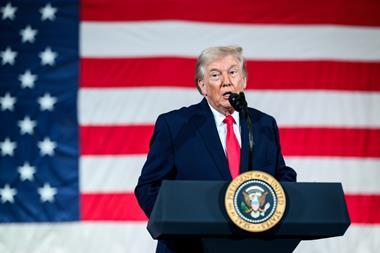

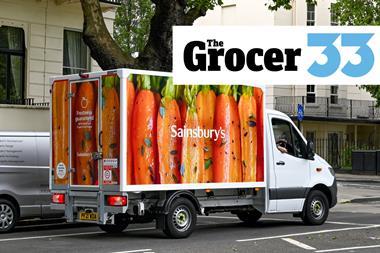
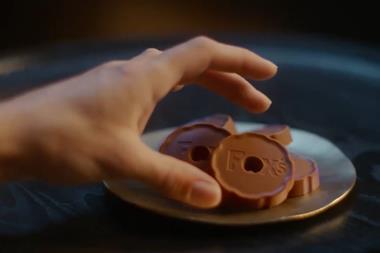

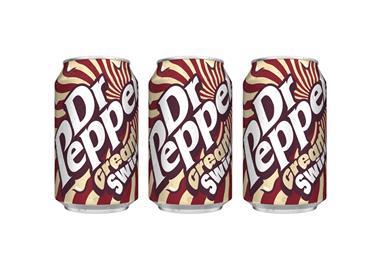
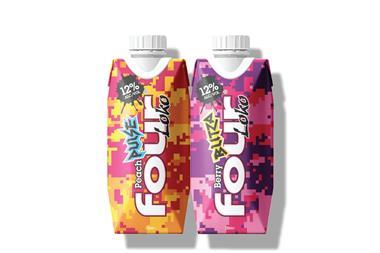
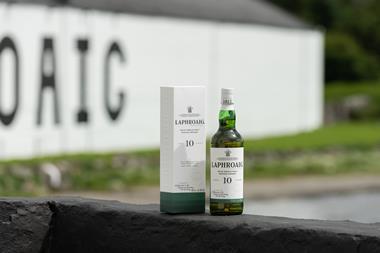
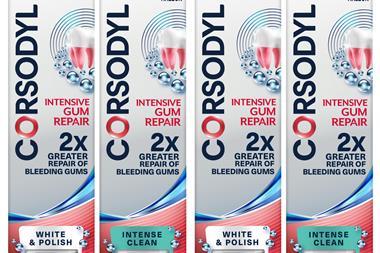
No comments yet